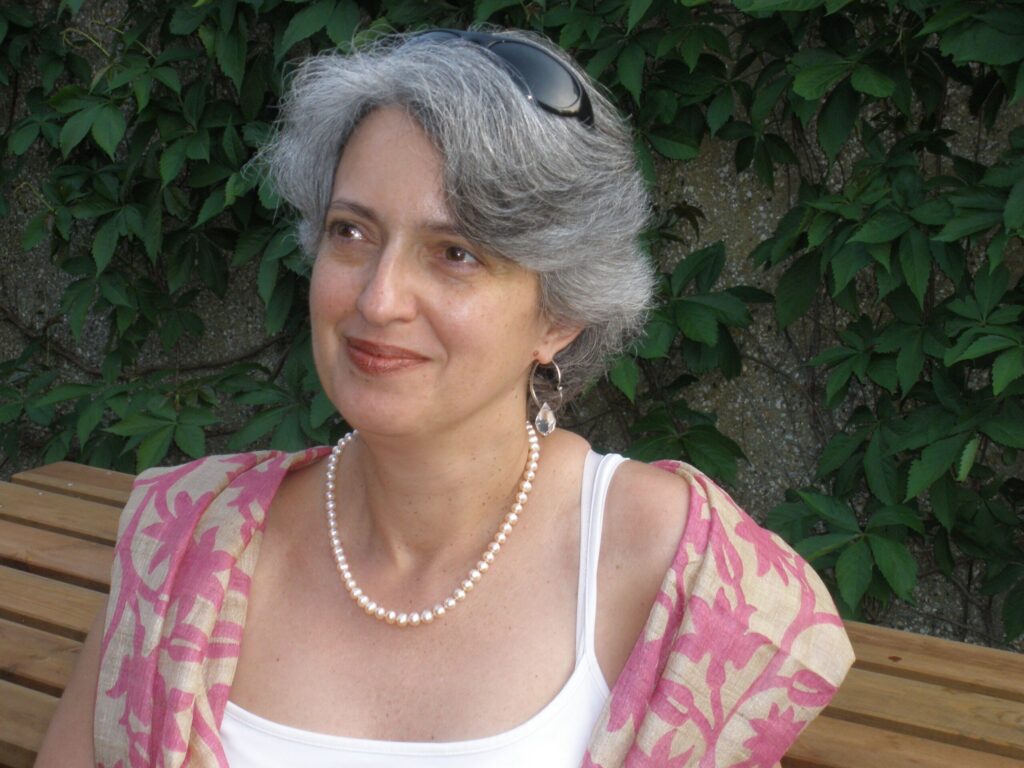October 17, 2014
I visited a secondary school in mid September and know there is not enough space here to do justice to everything I saw.
Students and staff here are keen to do more work on challenging homophobia and increasing inclusion for lesbian, gay and bisexual (LGB) people. The Student Voice Coordinator has been working with a group of young people who want to develop the Peer Mentoring part of our new resource and who are planning to develop assemblies on the subject for younger students. There is a strong tradition of peer mentoring in the school and the students are keen to develop materials that older students could use in their work with younger ones. They are keen to work with local primary schools and also to think about how sixth formers in their school could work with new students in KS3. Several students have commented that talking about LGB identities needed to become more ordinary. As one observed “it’s important that these things are talked about more. Even some of us were a bit nervous when we started talking about it today because it’s an unusual subject to talk about in school.” Staff are thinking about how they can ensure that LGB people and their relationships are better represented across the curriculum. Noting that discussions in many subject areas often include relationships and people who are – or are assumed to be – heterosexual, they want to think about how LGB people can be acknowledged without their sexuality being perceived to be an issue.
Student voice features highly in this school. In addition to peer mentoring and school council, the school has a “StaRs” group (Students as Researchers) which looks into aspects of teaching & learning and, working with a staff mentor, collects & analyses information, draws conclusions & recommendations, and presents these to staff and governors. We have, for quite some time, been talking with all project schools about the importance of having pupils at the heart of promoting equality and we have been discussing a range of ways to achieve this. The “StaRs” group certainly seems to be precisely the kind of suggestion our new resource can be making to schools!
The school has an “inclusion unit” where students sometimes go for additional support. The Student Voice co-ordinator who was showing me around the school told me, without me having to ask, that they try to make the withdrawal process constructive. Support here is organised around “learning plus”, offering learning support for pupils identified as having “special educational needs”; “success plus”, offering emotional support for example through self-esteem and body image workshops; and “focus plus”, offering support on behavioural issues and addressing other barriers to learning.
Your email will not be displayed on comments



